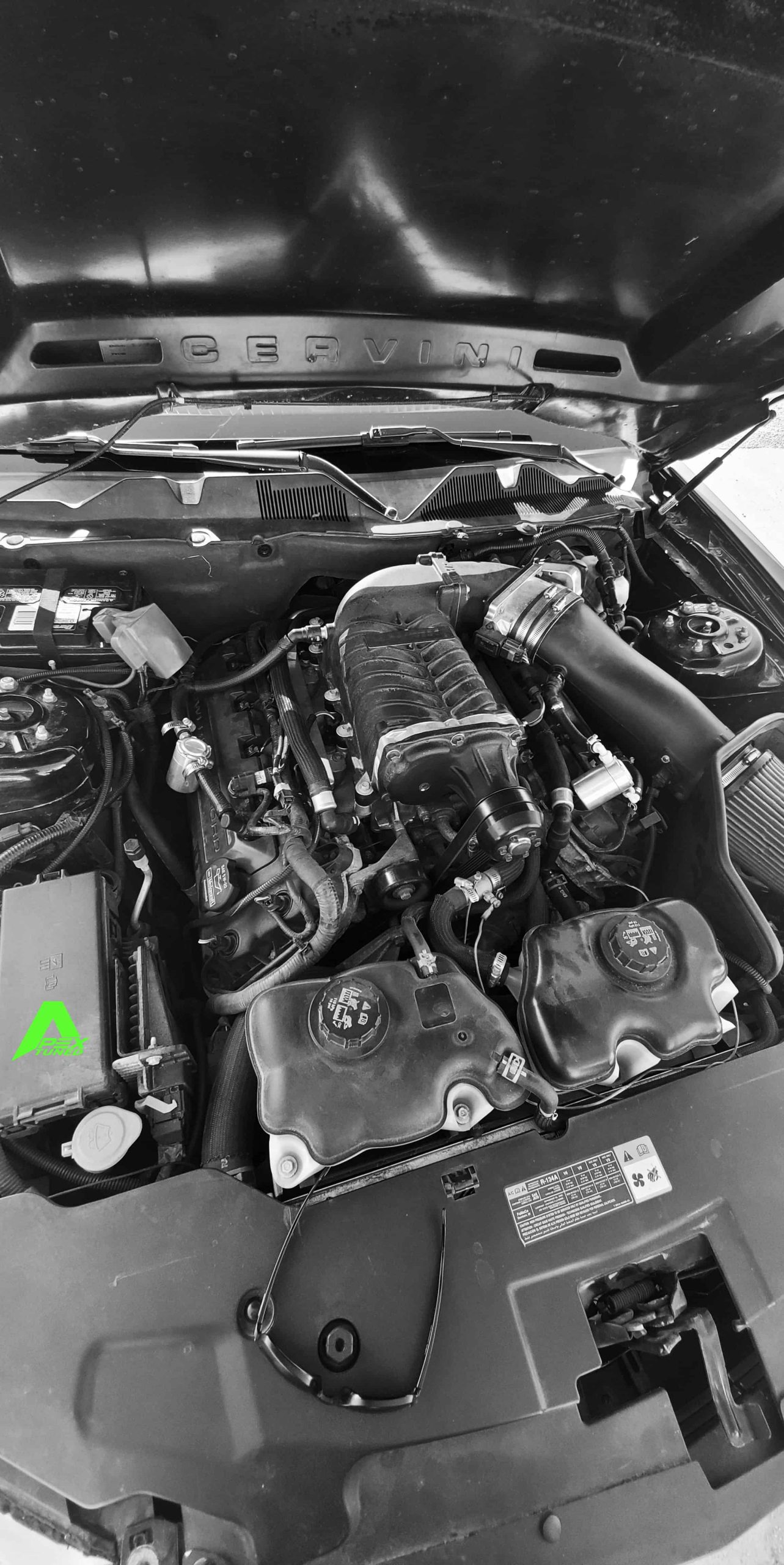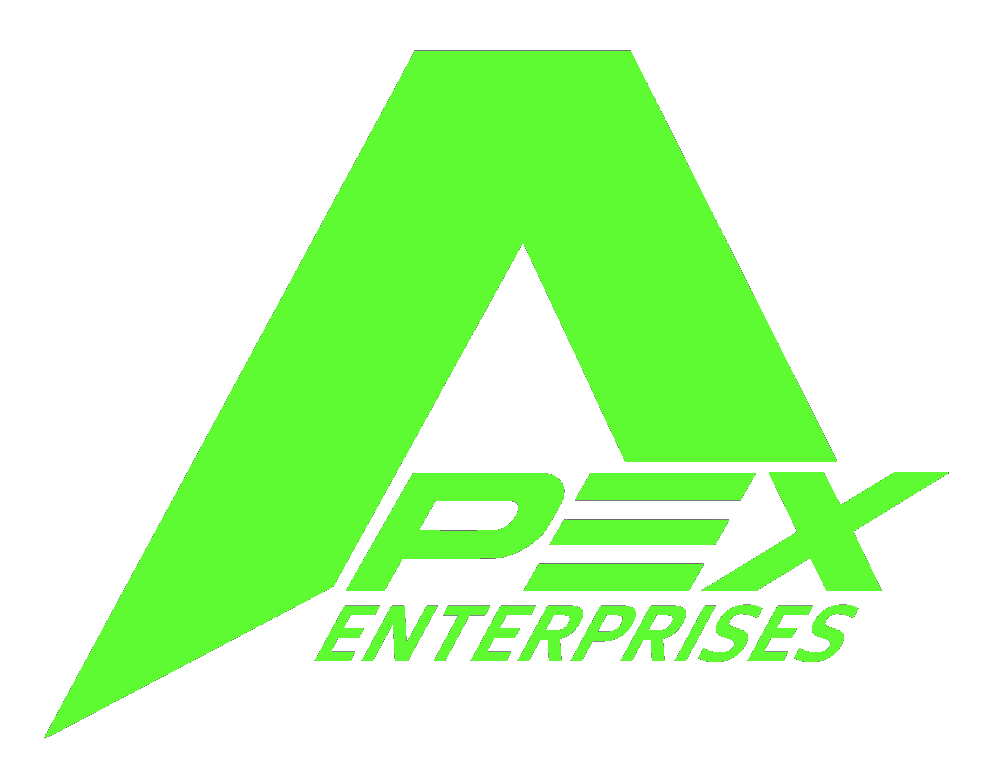Before a dyno-tuning session, prep your vehicle. Have parts and systems in the best condition possible for the most accurate readings. Any leaks or mechanical issues can affect the dynamometer results. The following checklist can help:
- Plugs and filters: Check plugs and gaskets on the vehicle to ensure they’re clean and in good condition. This includes the air, oil, and fuel filters.
- Fluids: Your engine should have fresh oil, transmission fluids, and differential fluids. This can ensure things go smoothly. Have plenty of quality fuel in the tank.
- Power Adders: Insure no boost or coolant leaks in these systems. This also applies to exhaust leaks, which can alter O2 readings, rendering them inaccurate.
- Belts and Hoses: Dyno tuning sessions can be hard on the engine. Any weak or old belts or hoses risk tearing and bursting. Be sure yours are in good shape.
- Tires: Your car’s tires run directly on rollers during a dyno pull. Ensure they’re in good condition and have proper traction to avoid popping a tire on the dynamometer, which puts you and others at risk. Verify the tires have no signs of age, excessive wear, anomalies, etc.
- Tools: Our shop’s dyno machine does the brunt of the work during a test. However, you can bring a few tools with you to make things easier. Spare parts like another belt, ignition coil, and spark plugs could be helpful.
- Expectations: Write down what you hope to achieve. If you want to try particular settings or adjustments, know that ahead of time to save the dyno operator some hassle. If you want to run a few variables, like changing wastegate springs or changing pulleys, you should bring the equipment with you to make the change faster.

Before a dyno-tuning session, prep your vehicle. Have parts and systems in the best condition possible for the most accurate readings. Any leaks or mechanical issues can affect the dynamometer results. The following checklist can help:
- Plugs and filters: Check plugs and gaskets on the vehicle to ensure they’re clean and in good condition. This includes the air, oil, and fuel filters.
- Fluids: Your engine should have fresh oil, transmission fluids, and differential fluids. This can ensure things go smoothly. Have plenty of quality fuel in the tank.
- Power Adders: Insure no boost or coolant leaks in these systems. This also applies to exhaust leaks, which can alter O2 readings, rendering them inaccurate.

- Belts and Hoses: Dyno tuning sessions can be hard on the engine. Any weak or old belts or hoses risk tearing and bursting. Be sure yours are in good shape.
- Tires: Your car’s tires run directly on rollers during a dyno pull. Ensure they’re in good condition and have proper traction to avoid popping a tire on the dynamometer, which puts you and others at risk. Verify the tires have no signs of age, excessive wear, anomalies, etc.
- Tools: Our shop’s dyno machine does the brunt of the work during a test. However, you can bring a few tools with you to make things easier. Spare parts like another belt, ignition coil, and spark plugs could be helpful.
- Expectations: Write down what you hope to achieve. If you want to try particular settings or adjustments, know that ahead of time to save the dyno operator some hassle. If you want to run a few variables, like changing wastegate springs or changing pulleys, you should bring the equipment with you to make the change faster.
